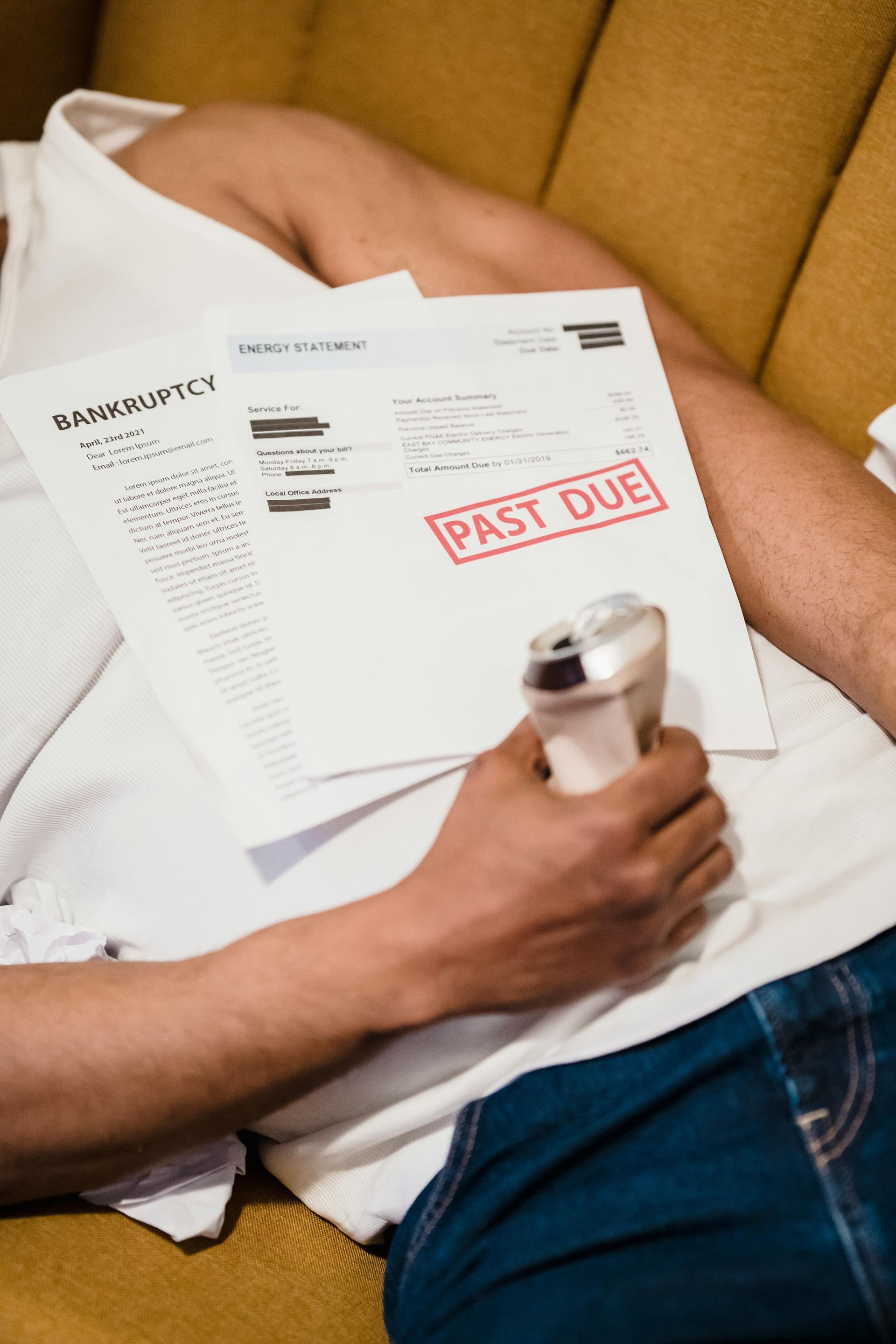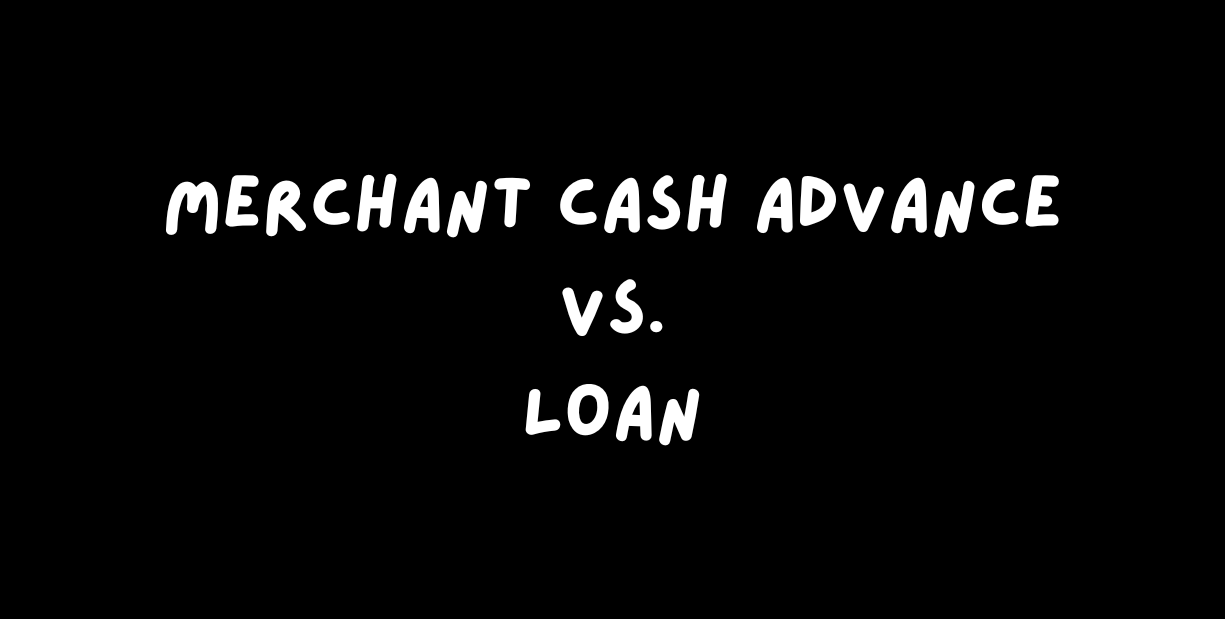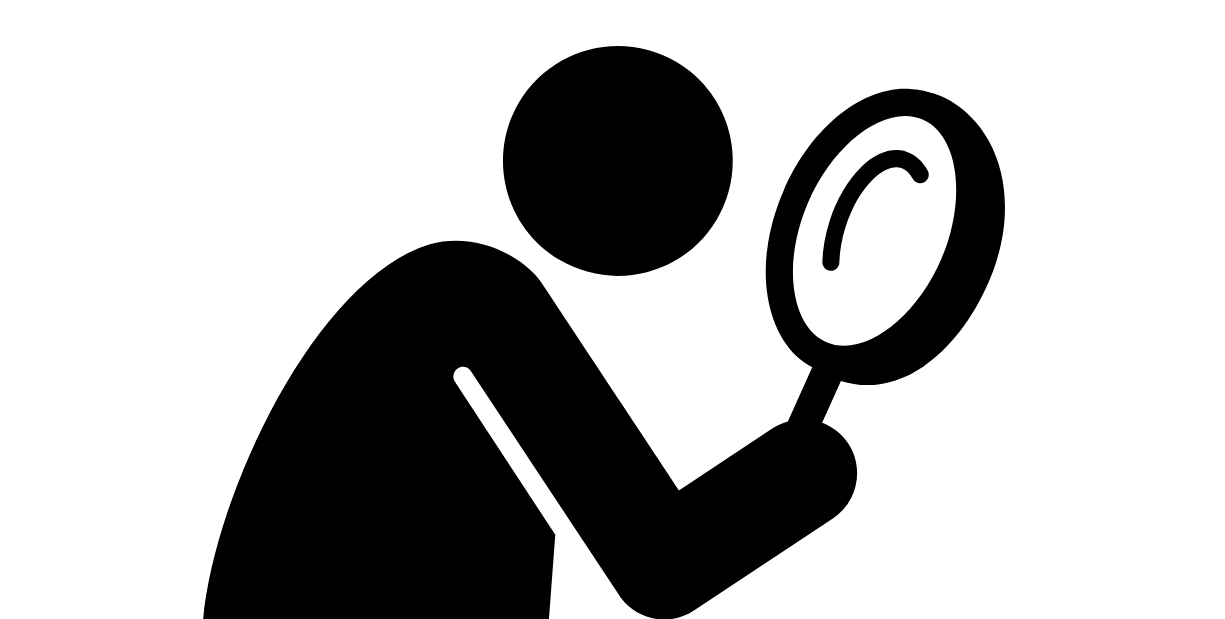Chapter 13 Bankruptcy for Individuals: A Path to Financial Stability
hapter 13 Bankruptcy for Individuals

At J. Singer Law Group PLLC, we understand that financial challenges can affect every aspect of your life. Our experienced team of bankruptcy attorneys is here to help you understand the benefits, requirements, and process of Chapter 13 bankruptcy, so you can make an informed decision about your financial future.
What is Chapter 13 Bankruptcy for Individuals?
Chapter 13 bankruptcy, sometimes called a wage earner’s plan, is designed for individuals who have a regular income but need help managing their debt. Under Chapter 13 , you propose a repayment plan to the court, allowing you to pay off your debts over a period of three to five years. During this time, creditors must cease collection efforts, giving you a break from creditor harassment, wage garnishments, and lawsuits.
How Chapter 13 Differs from Chapter 7
Unlike Chapter 7 bankruptcy , which requires liquidating non-exempt assets to pay off creditors, Chapter 13 allows you to keep your property. Chapter 13 is especially beneficial for individuals who have valuable assets they want to protect, such as a home or a car, or who don’t qualify for Chapter 7 due to higher income.
Benefits of Chapter 13 Bankruptcy for Individuals
Filing for Chapter 13 bankruptcy offers several unique advantages, especially for those who need a structured way to repay their debts without sacrificing their assets:1. Protecting Your Home from Foreclosure One of the most significant benefits of Chapter 13 is its ability to stop foreclosure proceedings. If you’re behind on mortgage payments, Chapter 13 allows you to include those past-due payments in your repayment plan, giving you a chance to catch up and save your home. As long as you continue making payments under the plan, your home is protected from foreclosure.
2. Consolidating Your Debts Chapter 13 enables you to consolidate all your debts into one manageable monthly payment. Instead of juggling multiple creditors and payments, you’ll make a single payment to a court-appointed trustee, who will distribute the funds to your creditors. This simplifies your finances and makes it easier to stay on track with your payments.
3. Protecting Your Property Chapter 13 allows you to keep your assets, such as your home, car, and personal belongings. This is especially important for individuals with significant equity in their homes or other valuable assets they want to protect.
4. Reducing Interest Rates on Certain Secured Debts In some cases, Chapter 13 may allow you to reduce the interest rates on secured debts, such as car loans, making the payments more manageable over time. This can help you pay off debts faster and reduce the total amount owed.
5. Discharging Certain Unsecured Debts Once you complete your Chapter 13 repayment plan, any remaining eligible unsecured debts—such as credit card debt or medical bills—may be discharged, giving you a fresh start and relieving you of the responsibility to repay those debts.
Who Qualifies for Chapter 13 Bankruptcy?
To qualify for Chapter 13 bankruptcy, you must meet specific eligibility requirements. These include:
1. Regular Income You must have a regular income that allows you to make monthly payments under your Chapter 13 plan. This income can come from various sources, including wages, salary, self-employment income, Social Security, or other reliable sources.
2. Debt Limits As of 2024, your total secured debts must be less than $1,596,875, and your total unsecured debts must be less than $478,975. If your debts exceed these limits, you may need to explore other bankruptcy options, such as Chapter 11.
3. Up-to-Date Tax Filings You must have filed federal and state income tax returns for the four years prior to filing for Chapter 13 bankruptcy. If you haven’t filed your taxes, you’ll need to do so before your case can proceed.
4. No Recent Bankruptcy Filings If you’ve previously filed for Chapter 13 or Chapter 7 bankruptcy, you must wait a specific amount of time before filing again. Generally, you must wait two years after a prior Chapter 13 discharge or four years after a Chapter 7 discharge to file a new Chapter 13 case.
How Chapter 13 Bankruptcy Works
The Chapter 13 process involves several key steps, from filing the petition to developing a repayment plan and working with the bankruptcy trustee. Here’s an overview of what to expect:
1. Filing the Petition
To begin, you’ll file a Chapter 13 petition with the bankruptcy court. Along with the petition, you’ll need to submit detailed information about your debts, assets, income, and expenses. This paperwork is essential for determining your eligibility and creating a repayment plan that works for your financial situation.2. The Automatic Stay
Once you file for Chapter 13, an automatic stay goes into effect, stopping all collection actions by creditors. This means foreclosure proceedings, wage garnishments, and creditor harassment must cease immediately, providing immediate relief from the pressure of debt.3. Developing a Repayment Plan
Next, you’ll work with your attorney to develop a repayment plan, which outlines how you’ll repay your debts over the next three to five years. The amount you pay each month will depend on your income, living expenses, and the total amount of your debt. Your plan will prioritize secured debts (such as mortgage or car payments) and any priority debts (such as child support or certain taxes).4. Plan Confirmation
Your repayment plan must be approved by the court at a confirmation hearing. During this hearing, creditors have the opportunity to raise objections, but once the plan is confirmed, both you and your creditors are legally bound by its terms.5. Making Payments
Once the court confirms your plan, you’ll begin making monthly payments to the bankruptcy trustee, who will distribute the funds to your creditors. Payments are typically made monthly, and the length of your repayment period depends on your income and the amount of debt.6. Discharge of Debts
At the end of the repayment period, any remaining eligible unsecured debts that were included in the plan are discharged, meaning you are no longer legally obligated to pay them. This discharge gives you a fresh financial start.Common Misconceptions About Chapter 13 Bankruptcy
There are several myths and misconceptions about Chapter 13 bankruptcy that can discourage individuals from considering this option. Here are some of the most common misunderstandings:
1. “I’ll Lose My Home in Chapter 13”
In reality, Chapter 13 is often the best option for individuals who want to protect their homes. By allowing you to include past-due mortgage payments in your repayment plan, Chapter 13 helps you avoid foreclosure and keep your property.2. “I’ll Have to Repay All of My Debts”
While Chapter 13 requires a repayment plan, you may not have to repay all of your debts. Depending on your income and the amount of debt, you may only need to repay a portion of what you owe, with any remaining eligible debts discharged at the end of the plan.3. “Chapter 13 Will Ruin My Credit Forever”
While Chapter 13 will impact your credit, it provides a structured way to address your debt and can help you rebuild your credit over time. Many individuals can begin improving their credit score within a few years of completing their repayment plan.How J. Singer Law Group PLLC Can Help with Chapter 13 Bankruptcy
Filing for Chapter 13 bankruptcy can be a complex and challenging process, but the experienced attorneys at J. Singer Law Group PLLC are here to guide you every step of the way. Our team will help you:
- Evaluate Your Options: We’ll assess your financial situation and help you determine whether Chapter 13 is the right solution for your needs.
- Create a Repayment Plan: We’ll work with you to develop a repayment plan that fits your budget and meets court requirements, ensuring your assets are protected.
- Represent You in Court: Our attorneys will represent you in all court hearings, including the confirmation hearing, advocating for your best interests.
- Provide Ongoing Support: Throughout the repayment period, we’ll be here to answer any questions, address concerns, and help you stay on track with your payments.
Conclusion: Is Chapter 13 Bankruptcy Right for You?
Chapter 13 bankruptcy offers a powerful way for individuals to regain control of their finances without sacrificing their assets. Whether you’re struggling with mortgage payments, medical bills, or other debts, Chapter 13 can provide the structure and support you need to achieve a fresh start.
At J. Singer Law Group PLLC , we’re committed to helping individuals find solutions to their financial challenges and start on the path to financial stability. Contact us today for a free consultation, and let us help you determine if Chapter 13 bankruptcy is the right option for you.











